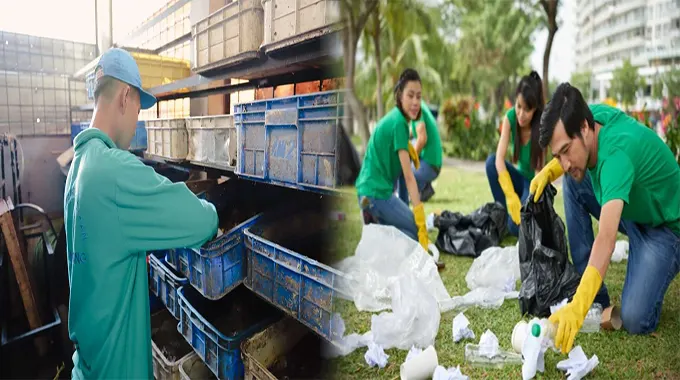Waste management has become a pressing issue for local governments around the world as urban populations continue to grow rapidly, leading to an increase in waste generation. In order to address this challenge effectively, it is crucial for local governments to implement robust waste management policies and regulations. These measures are essential not only for reducing environmental impact but also for promoting sustainable development and enhancing public health and safety.
One key aspect of waste management policies for local governments is the establishment of comprehensive waste disposal and recycling programs. By providing residents with convenient options for separating and recycling different types of waste, municipalities can significantly reduce the amount of waste sent to landfills. Encouraging the use of recycling facilities and composting programs can help to divert organic waste from landfills, thereby minimizing greenhouse gas emissions and promoting a circular economy.
Moreover, local governments can implement regulations to promote waste reduction at the source. This can include measures such as banning single-use plastics, promoting reusable products, and incentivizing businesses to adopt sustainable packaging practices. By encouraging a culture of waste reduction and resource conservation, local governments can help to reduce the overall environmental footprint of their communities.
In addition to waste disposal and reduction, local governments must also focus on improving waste collection and transportation systems. Efficient waste collection services help to prevent littering and illegal dumping, while reliable transportation systems ensure that waste is properly disposed of in designated facilities. By investing in modern waste collection technologies and optimizing collection routes, local governments can streamline the waste management process and reduce operational costs.
It is also essential for local governments to collaborate with other stakeholders, including businesses, non-profit organizations, and community groups, to develop effective waste management policies and regulations. By engaging in collaborative partnerships, municipalities can leverage expertise and resources from different sectors to implement innovative solutions and address complex waste management challenges.
Waste management policies and regulations are crucial for local governments to effectively manage waste and protect the environment. By implementing comprehensive waste disposal and recycling programs, promoting waste reduction at the source, improving waste collection and transportation systems, and fostering collaboration with stakeholders, municipalities can create sustainable waste management systems that benefit both the environment and the community. It is imperative for local governments to prioritize waste management and take proactive measures to build more resilient and environmentally-friendly communities for future generations.














